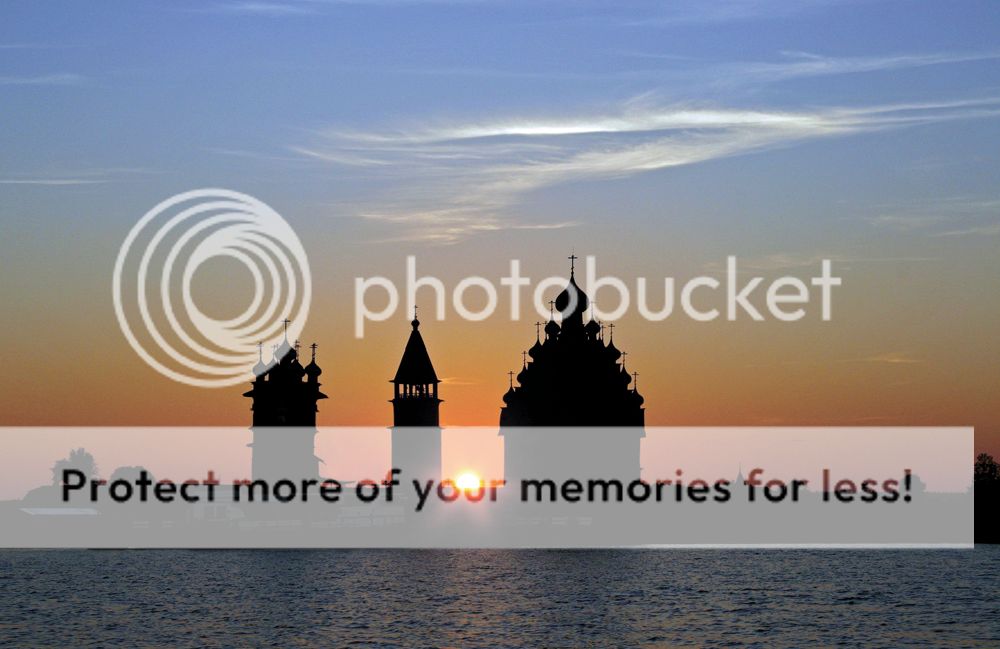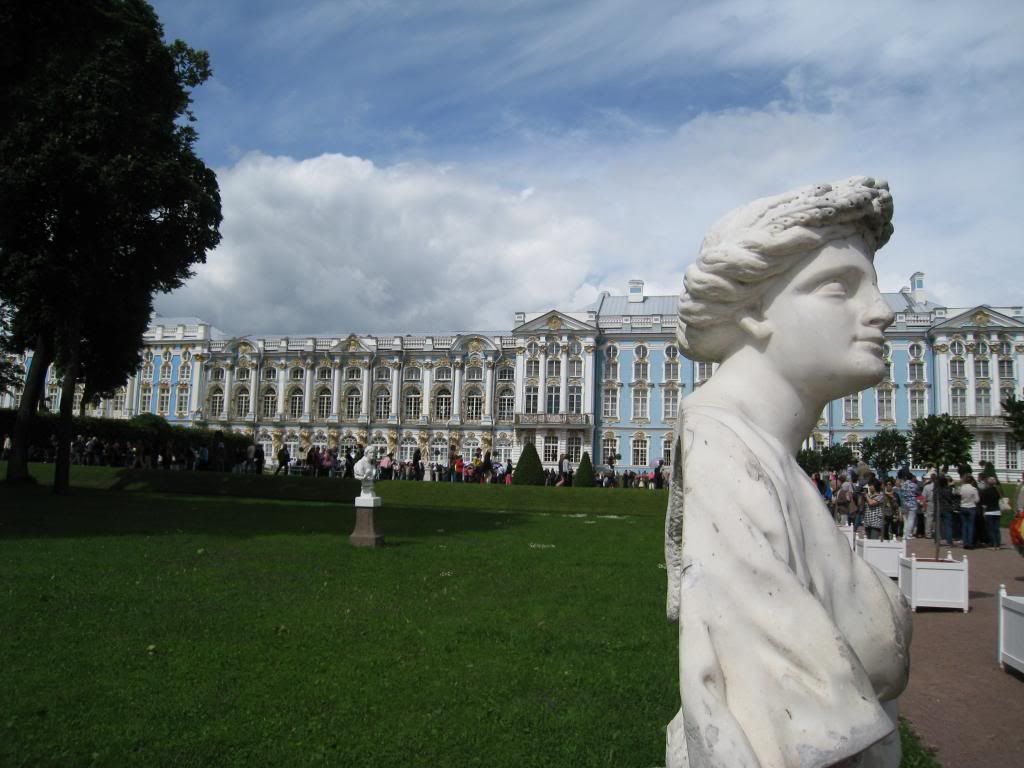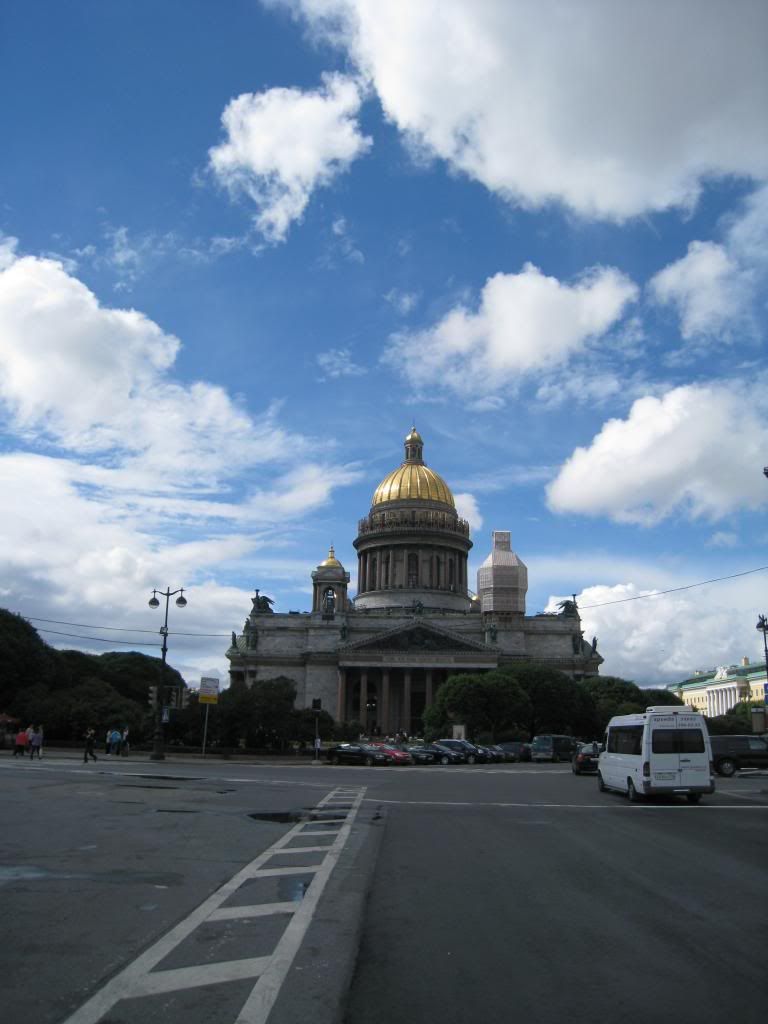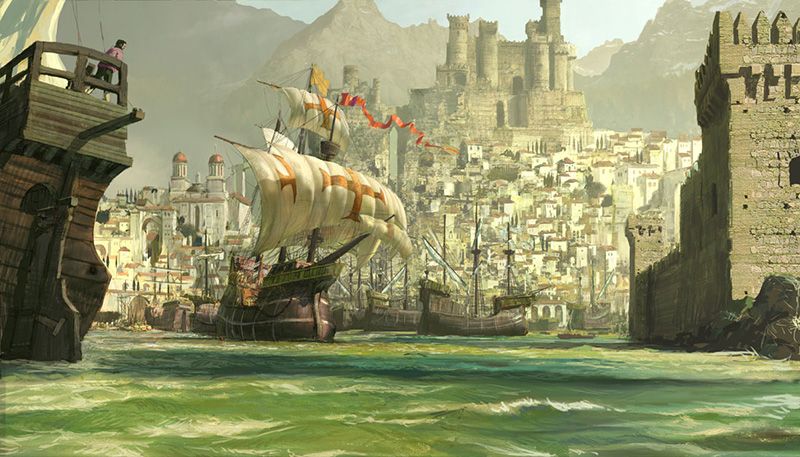Overview
Often viewed by outsiders as an isolated country on the international stage, Russia is rapidly emerging as a destination for foreign students.Read on to discover the attractions of student life in Russia, and for advice on its best universities and student cities.
The country that produced Tolstoy’s War and Peace – an epic novel if ever there was one – is equally epic in its own dimensions.
Sprawling across two continents and spanning an incredible eleven time zones, Russia is the largest country in the world by far. Within its vast boundaries lie some of the most luxurious palaces, extensive plateaus, highest mountains, coldest cities, strongest vodkas, best ballet companies, and largest collections of stacking dolls.
If you visit Russia as a student, of course, you’ll get to do more than just sample a few traditional specialities and buy a souvenir fur hat.
Studying in Russia represents an opportunity to get to know one of the fastest developing countries worldwide – one of the BRIC nations (alongside Brazil, India and China).
Fast Fact
- International dialling code is +7 and the internet domain is .ru
- The world’s largest country, with an area of 17 million sq km (for comparison, the USA is 9.8 million sq km)
- Capital city is Moscow, also the largest city
- Currency is the rouble (one rouble is made up of 100 kopecks)
- Government is led by President Dmitry Medvedev and Prime Minister Vladimir Putin
- President’s official residence is the Kremlin in Moscow, a fortified complex which includes four palaces, four cathedrals and numerous other historic buildings
- The world’s largest railway, the Trans-Siberian, traverses the entire country – from Moscow in the west to Vladivostock in the east, or a shorter option, the Trans-Mongolian to Beijing, China
- Moscow’s planned Crystal Island, often referred to as a ‘city within a city’, will be the world’s largest building, and one of the most energy-efficient
- The world’s biggest oil producer, since overtaking Saudi Arabia in 2009
Lifestyle
Find out more about Russia's top student cities...
MOSCOW
Regularly ranked as one of the world’s most expensive cities, and boasting more billionaires than any other city, Moscow is certainly not a cheap option to study in, but definitely an exciting one.
Sure, you can still visit the main tourist spots – the Kremlin, Red Square, St Basil’s Cathedral – but as a resident, you’ll find there’s a whole lot more to explore. In fact, from English-style pubs and French bistros to clubs with live bands and bars built for dancing on, Moscow offers pretty much every kind of cuisine, club and cultural experience you could desire. (Yes, that does include an opera-themed restaurant where the staff dress as Puccini characters.)
Lomonosov Moscow State University is Russia’s largest and highest-ranked, at 116 in the 2012/13 QS World University Rankings. Meanwhile the city itself appears at a very respectable 37th in the 2012 QS Best Student Cities.
ST PETERSBURG
Though sometimes referred to as the ‘Venice of the North’ or ‘Paris of the East’, St Petersburg really deserves to be recognized as one of the world’s most attractive and fascinating cities in its own right.
Like Venice, it’s an island city, built on 42 islands connected by hundreds of bridges, in the mouth of the Neva River. For high culture, St Petersburg is unbeatable – opera, ballet, literary greats, the world’s largest art gallery and more than 500 stunning baroque palaces (if you don’t think baroque palaces are your thing, prepare to be convinced by the Winter Palace).
St Petersburg State University is among Russia’s oldest and most prestigious, ranked at 251 in the 2011/12 QS World University Rankings. It offers a selection of English-taught courses and is a popular choice for international students looking to study in St Petersburg.
TOMSK
Never heard of Tomsk? You’re not alone. But if you fancy heading deeper into Russia, away from the hustle and bustle of the tourist trail, you could do a lot worse than studying in Tomsk.
A small city in the heart of Siberia, Tomsk has a long history of educational excellence, and has established itself as a leader in science and IT innovation.
Today there are six universities in Tomsk, including Tomsk State University, situated in the top 500 of the 2011/12 QS World University Rankings. An estimated 20% of the population are students, and you can expect to hear a wide variety of languages being spoken.
There’s also lots to explore – beyond the labs and libraries lies a charming old town with vibrant arts and music scenes.
Practical Information
Russia has more than 880 higher education institutes, and is investing heavily in making improvements to the system – Prime Minister Valdimir Putin has spoken about an ‘educational revolution’.
Between 2011 and 2015, 390 billion roubles (US$13.5 billion) has been allocated for upgrading facilities and technical equipment at Russian universities, and improving training for teaching staff.
Further, the country is currently in the process of making its system more compatible with other European countries, having signed up to the Bologna Process. This means many Russian universities now offer a choice between a four-year bachelor’s degree or a five-year ‘specialist’ degree.
The majority of university courses are taught in Russian, so good knowledge of the language is a definite plus! However, some universities offer one-year preparatory courses for international students, which allow you to get up to the required standard very quickly.
Depending on the university and your existing grades, you may be required to take an entrance exam and/or attend an interview. International applicants may also be required to demonstrate proficiency in Russian or English, depending on which language the course is taught in.
Once you’ve been offered a place, the university will file for a Russian student visa for you. This should take between three and five weeks, and costs about US$40. Anyone planning to stay in the country for more than 90 days is also required to submit the results of a medical examination and HIV test.
A set number of state scholarships are available for foreign students each year, covering tuition fees, accommodation and medical insurance – but not travel or personal expenses.
Those without scholarships are advised to allow anywhere between US$3,000 and US$10,000 per year for fees and living costs, depending on the course and location. It is possible to obtain a work permit in order to take a part-time job, either on the university campus or elsewhere.
The Russian academic year runs from September to June, split into two semesters.
Featured University
Universities in Russia
- European University at St Petersburg
- Far Eastern Federal University
- Financial University
- Gubkin Russian State University of Oil and Gas
- Immanuel Kant Baltic Federal University
- Interregional Open Social Institute
- Irkutsk State Technical University
- Irkutsk State University
- Kaliningrad State Technical University
- Kazan Federal University
- Kazan National Research Technical University
- Kazan National Research Technological University
- Kuban State University
- Lobachevsky State University of Nizhni Novgorod
- Lomonosov Moscow State University
- Mendeleev University of Chemical Technology of Russia
- Moscow Architectural Institute
- Moscow Institute of Physics and Technology State University
- Moscow P. I. Tchaikovsky Conservatory
- Moscow State Engineering Physics Institute
- Moscow State Industrial University
- Moscow State Institute of International Relations (MGIMO-University)
- Moscow State Law Academy named after O.E. Kutafin
- Moscow State University of Civil Engineering
- Moscow State University of Economics, Statistics and Informatics (MESI)
- Moscow State University of Railway Engineering
- Moscow Technical University of Communications and Informatics (MTUCI)
- Moscow University of Technology STANKIN
- National Mineral Resources University
- National Research Nuclear University “MEPhI”
- National Research Saratov State University
- National Research University "Moscow Power Engineering Institute"
- National Research University – Higher School of Economics (HSE)
- National University of Science and Technology "MISIS"
- New Economic School
- North-Eastern Federal University named after M.K. Ammosov
- Northern (Arctic) Federal University named after M.V. Lomonosov
- Novosibirsk State University
- Ogarev Mordovia State University
- People's Friendship University of Russia
- Perm National Research Polytechnic University
- Perm State University
- Petersburg State Transport University
- Petrozavodsk State University
- Plekhanov Russian University of Economics
- Rimsky-Korsakov St. Petersburg State Conservatory
- Russian New University
- Russian State Agrarian University - Moscow Agricultural Academy named after K.A.Timiryazev (RSAU-MTAA)
- Russian State University for the Humanities
- Russian State University of Innovative Technologies and Entrepreneurship (RGUITP)
- Saint Petersburg State University of Information Technologies, Mechanics and Optics
- Saint Petersburg University of Management and Economics
- Saint-Petersburg State University
- Saint-Petersburg State University of Aerospace Instrumentation (SUAI)
- Saint-Petersburg State University of Economics and Finance
- Samara State University
- Samara State University of Economics
- Saratov State Technical University
- Sholokhov Moscow State University for Humanities
- Siberian Federal University
- Skolkovo Institute of Science and Technology
- South Ural State University
- Southern Federal University
- Southwest State University
- St. Petersburg State Politechnical University
- Tambov State Technical University
- The First Sechenov Moscow State Medical University
- The Russian Academy of Arts
- The Ural State University of Economics
- Tomsk Polytechnic University
- Tomsk State University
- Tomsk State University of Control Systems and Radioelectronics
- Tyumen State Oil and Gas University
- Tyumen State University
- Ural Federal University
- Ural Institute of Presidential Academy
- Volgograd State University
- Voronezh State University
- Vyatka State Humanities University
- Yaroslavl State University
International Study in Russia
Why study abroad in Russia?
Russia may not be the first study destination to come to mind.
- However, there are attractive undergraduate study options in one of the world's growing economic nations.
- Russia's membership of the European Higher Education Area means that Russian universities and higher education institutions have begun to offer a more Westernised model of higher education.
That process is only beginning, though, and Russian universities can be challenging places, with a legacy of political interference, nepotism and corruption.
- There are more than 600 state universities and a considerable number of private universities of variable quality.
- Despite this, it has no universities in Top 100 of the 2011 QS World University Rankings.
- English-medium teaching exists but is restricted to a handful of universities who are eager to recruit internationally (not just from the UK and the US).
Entry and visa regulations
A student visa is required to study in Russia.
- Visa application documents will be issued by the university once a student has been accepted, and the application handled by the university’s foreign department.
- This can be a lengthy process and should be begun three months ahead of the start of the course.
- The initial visa is for three months only, must be registered within 72 hours of arrival, and is renewable after arrival.
- A certificate showing a negative HIV test may be required.
At the moment, there are no national entrance exams (such as the SATs in the US) needed to study in Russia, but different universities may have individual admissions policies.
- Students without the Russian language have to complete a pre-academic year and pass the entrance exam.
- There is an upper age limit of 28 (35 for doctoral studies).
Funding your study
Because Russia is a relatively new study abroad destination for international students, fees to study there are not expensive.
- There is a wide variety of degree programmes to study in Russia, from law, arts and languages to computing, mathematics and sciences.
- Fees will vary depending on the programme of study but are likely to be between £2,500 and £5,000 per year.
As with any international study experience, accommodation and living costs must be taken into account.
- Finding student accommodation in Russia can be difficult so many students tend to stay in university halls of residence.
- Alternatives, such as staying with a family or as part of a flatshare may be required as part of the visa application.
Is part-time work possible?
- As a student it may be possible to be exempted from the requirement to have a work permit to find part-time work, but it is not automatic.
- Wages will not be high and it is advisable to take local advice.
Moscow is the most expensive city in Russia but prices will appear reasonable to UK residents.
Here are some approximate prices of how much things will cost (all prices are in GBP):
- Weekly grocery shop: £25.
- One-way third class train ticket from Moscow to St Petersburg: £25.
- International calling card with three hours prepaid: £13.
- Lunch from a traditional Russian fast food chain: £3.50.
- Metro ticket: 30p.
Health and safety
Make sure you take out health and travel insurance before leaving the UK to study abroad in Russia.
- Some health provisions can be hard to come by in Russia so do some research on what is available and be sure to take a first aid kid of supplies with you for any emergencies.
- Normal safety precautions apply and in the case of cities such as Moscow should be followed scrupulously.
Helpful links
- For more information on international study in Russia and what life is like in this country, visit Study in Russia.
- The Way to Russia blog contains useful and interesting insight to the Russian people and life in Russia.





To get admission to master’s degree program, applicant must have at least a bachelor’s degree or its equivalent.
ReplyDeleteStudentFM | Safest place for stuudents to live in Preston
UCLan international student accommodation